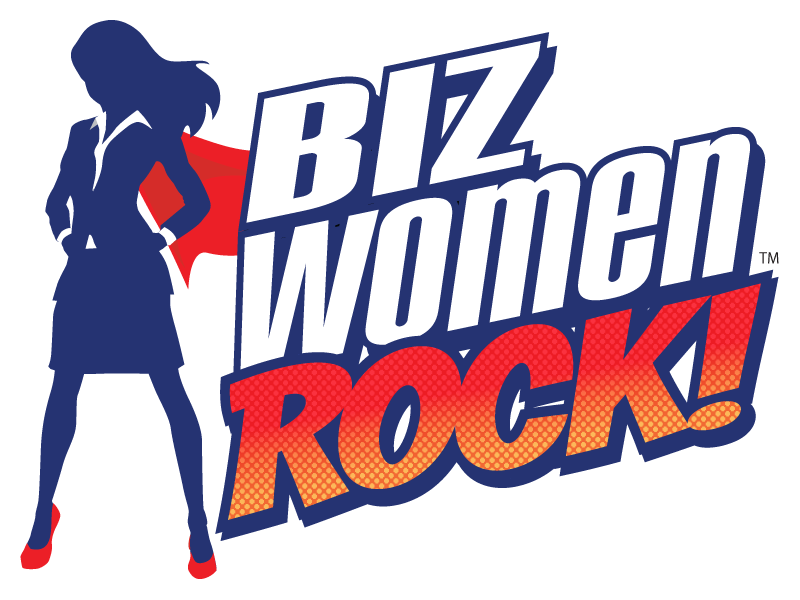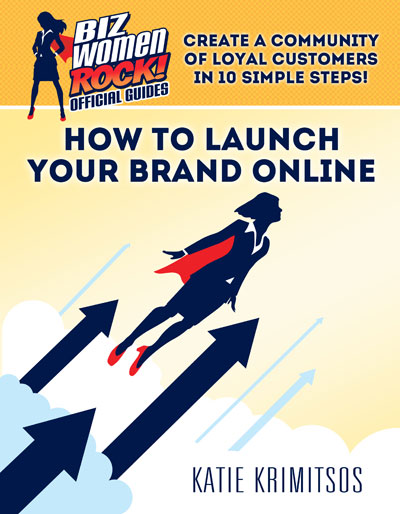Female entrepreneurs often get short shrift. Here are a few, in tech and healthcare, who’ve had tremendous impact.
When I interviewed Theranos’s Elizabeth Holmes recently, she said she was the only female startup founder to singlehandedly found a technology or health care company and then take it to billions in valuation. There have been others, she said, but they all had co-founders. (Holmes was quick to explain that she didn’t mean to take anything from their accomplishments by noting that they had co-founders–it’s just that in one particular way, their achievements are different from hers).
I still think that, within the venture-backed world of Silicon Valley, Holmes is probably right. I’ve been looking pretty hard, and I haven’t found another woman who’s done exactly what she has: raised outside money by herself, and then founded a tech or health care company that went on to be valued at multiple billions. While it may seem like raising outside money would actually make it easier to build such a company, even that achievement is often out of reach for women: Less than 3 percent of venture capital goes to female CEOs. So for women without a male co-founder, bootstrapping may well be the “easier” option.
Either way, Holmes’s comment, and the conversations I’ve had with female venture capitalists and entrepreneurs since then, reminded me that there are a slew of terribly accomplished female entrepreneurs out there, but we don’t hear much about them. That’s a shame, because women entrepreneurs, like everyone else, need role models. If Holmes can do it, perhaps they can do it. Here are some women entrepreneurs in both health care and tech who might not precisely fit Holmes’s category (no co-founder, venture backing), but definitely deserve to be better-known.
Judith Faulkner
Founder and CEO, EPIC Systems
Faulkner is the founder and CEO of EPIC Systems, the leader in the incredibly hot, and almost as controversial, field of electronic medical records. EPIC had a 2014 revenue of $1.8 billion and counts among its clients Kaiser Permanente, CVS MinuteClinic, and the Mayo Clinic. Epic’s success is all the more impressive considering that Faulkner bootstrapped the company on her own, starting with just $6,000. EPIC has been completely self-funded since then, and is privately and employee-owned. To make sure it stays that way, Faulkner has created a charitable foundation for her own stock in the company.




